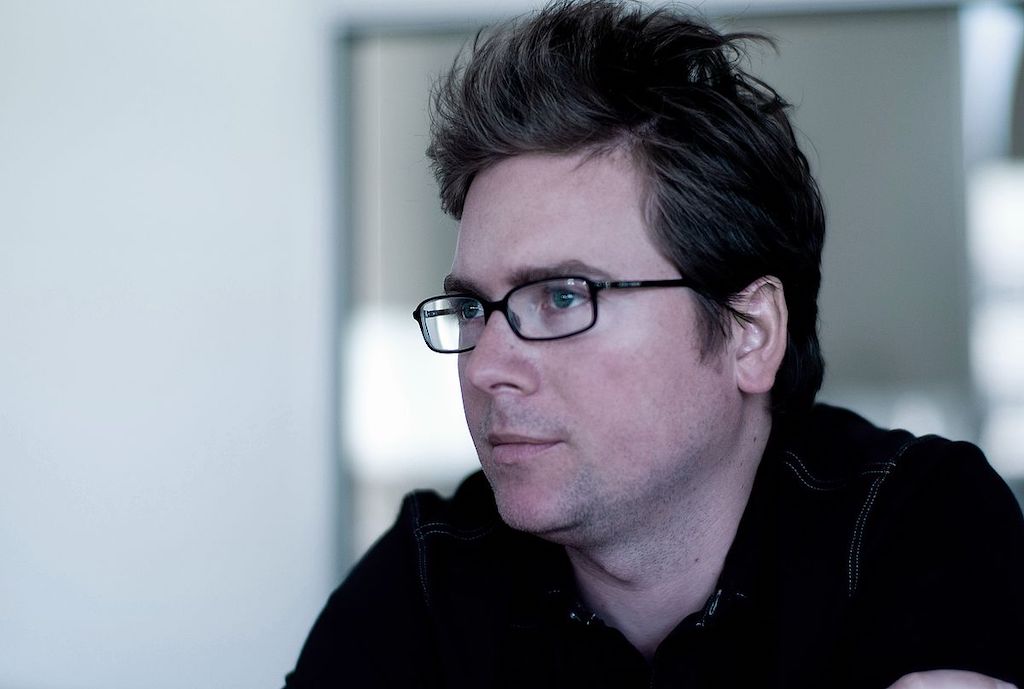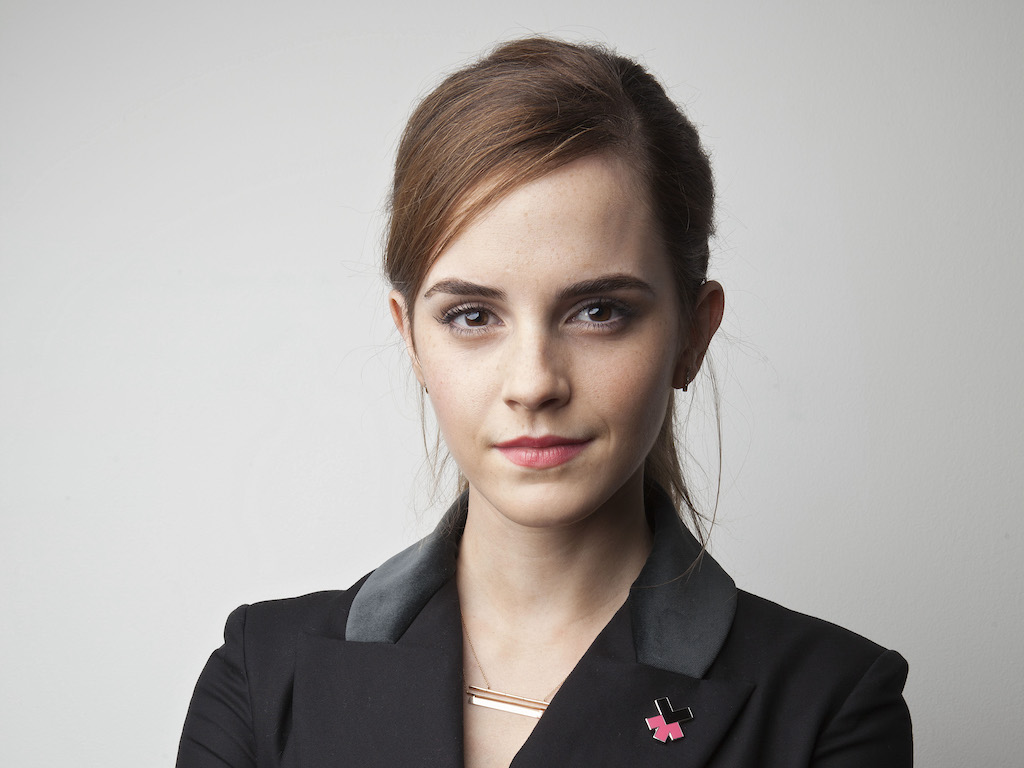3 Mins Read
Harry Potter star Emma Watson and Twitter co-founder Biz Stone have put their money into a startup that wants to solve the plastic problem. Based in London, FabricNano just raised $12.5 million in a Series A, and they’re going to use it to replace dirty petrochemical products, from plastics to fuel.
Watson and Stone weren’t the only big names backing FabricNano in the $12.5 million round led by Atomico. Some of the angel investors included former Bayer CEO Alexander Moscho, Indiebio founder Arvind Gupta and former Yelp engineer SVP Michael Stoppelman. Other VCs included Backed, Hoxton Ventures, and Entrepreneur First.
Displacing fossil fuels
Fossil fuels are still used in a wide range of industries, from plastics to chemicals in fragrances. Plastic production, in particular, drives around 14% of the world’s oil demand.

Climate scientists have pointed to fossil fuels as the primary contributor of greenhouse gas emissions and air pollution. Without viable alternatives, we stand little chance of moving towards a net-zero economy.
That’s a major reason why investors and celebrities have jumped in to finance FabricNano. The company uses cell-free biomanufacturing to create alternatives to fossil fuels. It can sustainably synthesise everything from bioplastics, to fossil-fuel-free chemicals that are used to make perfumes and drugs.
And they can do so cheaply. “FabricNano has hugely impressed us with their breakthrough technology that reduces cell-free costs down to levels needed by the $4 trillion commodity chemical production market,” said Siraj Khaliq, partner at Atomico. Khaliq is joining FabricNano’s board as part of the round.
Cell-free biomanufacturing
The science behind FabricNano’s solution is cell-free biomanufacturing. The company has made a novel DNA-based flow reactor, which removes living cells from the entire process and replaces it with their engineered enzymes.
These enzymes can bind directly to DNA, which acts as a scaffold to create the building block products. Before FabricNano, cell-free biomanufacturing solutions were small in scale and expensive. The startup says that its innovation has meant a “vast improvement” in terms of efficiency.
“We stand on the cusp of a bio-industrial revolution where producers will be able to unlock the power of biology to sustainably synthesise any material,” said FabricNano co-founder and CEO Grant Aarons.
Aarons founded the company with Ferdinando Randisi in 2018, coming out of the Entrepreneur First accelerator program.

“Our technology dramatically reduces the cost of cell-free biomanufacturing solutions by enabling efficient, sustainable production using enzymes – the biological catalysts that accelerate chemical reactions and facilitate the growth of natural materials,” Aarons continued.
“The process is both more scalable than current biomanufacturing processes and more sustainable than petrochemical-based production”.
More alternatives to come
With the latest capital injection, FabricNano is looking for new hires to grow its team. It’ll enable the London startup to develop more sustainably synthesised chemicals, says Aarons. Right now, they’ve made 1,3 propanediol, which can replace polyethylene glycol in toothpaste or shampoo.
Speaking to TechCrunch, the co-founder revealed they’ve also made 4 more products, but didn’t specify what they were. “[We’re] interested in pharmaceutical space,” he hinted. “There are a lot of commodity chemicals we can manufacture [too]. 1,3 propanediol is just the tip of the iceberg.”
Lead image courtesy of UN Women / Celeste Sloman.




